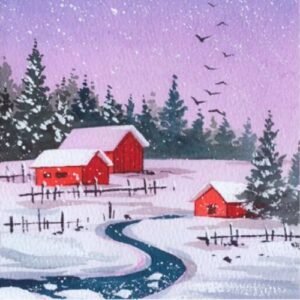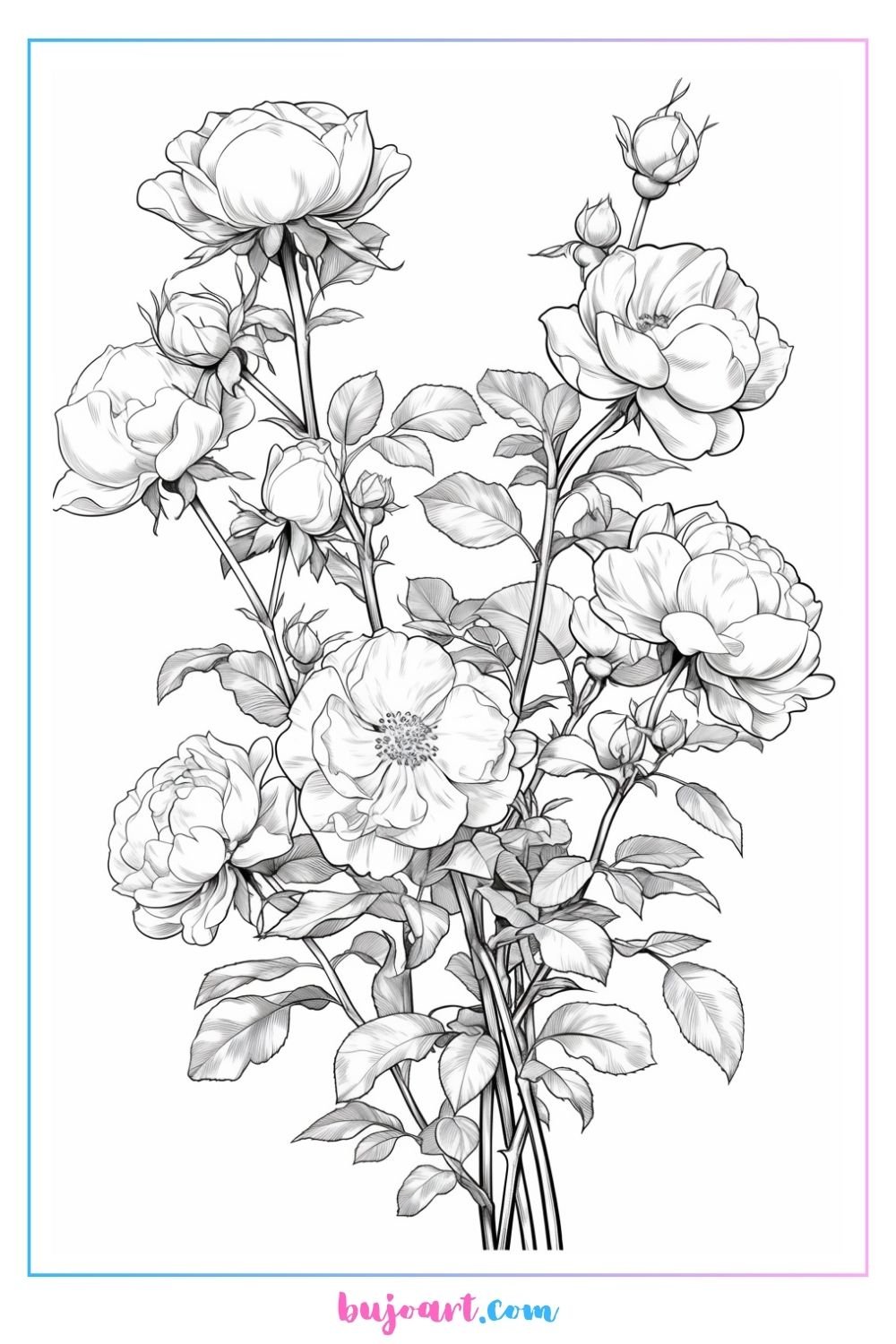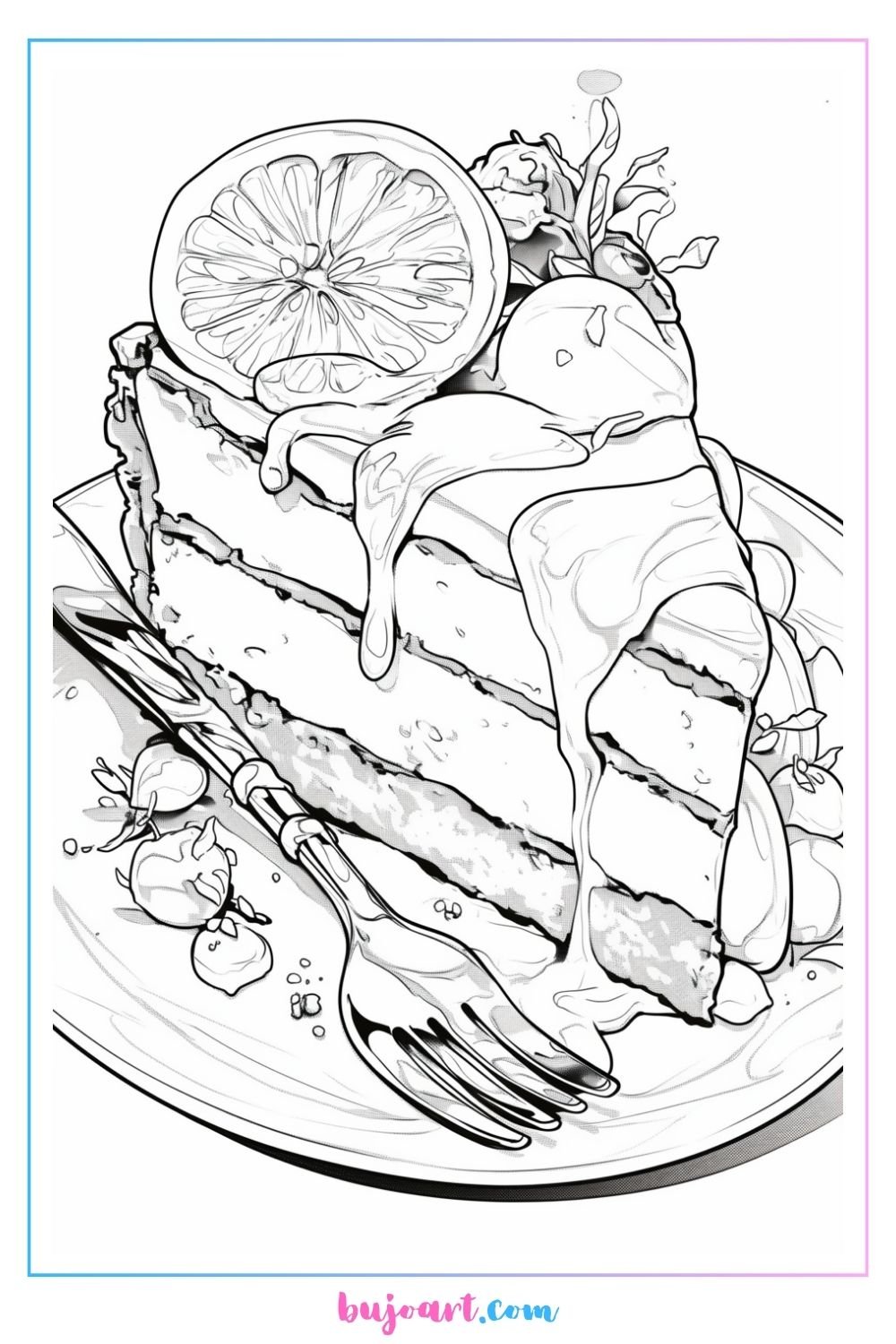Disclosure: This post contains affiliate links, meaning if you make a purchase via the links, we will earn a commission at no additional cost to you. Please read the full disclosure.

Before we begin, let’s gather the essential materials you’ll need for this watercolor tutorial:
- Watercolor paper (cold-pressed or rough surface) : Winsor&Newton, Arches, Arteza, Artisto sketchbook
- Watercolor paints Paul Rubens, Winsor & Newton, Mozart, Kuratake, LightWish, Mungyo
- Watercolor brushes (round and flat brushes in various sizes): Artegria, Nicpro, Arteza
- Pencil and eraser: Pental, Uniball, Blackwing, Luechtturm
- Water container: Faber-Castell, MylifeUnite
- Paper towels or a rag
- Masking fluid (optional) : JoFook, Mont Marte, Schmincke, Winsor&Newton
- Ruler (optional): Geometer set
With these materials at hand, you’ll be well-equipped to embark on your watercolor skyline painting journey.
Introduction to watercolor painting
Watercolor painting is a captivating art form that allows artists to create stunning and vibrant works of art. This medium is unique in its ability to blend colors seamlessly, creating a sense of fluidity and movement on the canvas. As an artist, I have always been drawn to the versatility and unpredictability of watercolors, which challenge me to embrace the unexpected and let the paint guide my brushstrokes.
In this comprehensive guide, I will take you on a journey through the world of watercolor painting, sharing my knowledge and techniques to help you master this beautiful art form. Whether you are a beginner or an experienced artist, this guide will provide you with valuable insights and step-by-step instructions to paint a charming forest cottage and a breathtaking snow scene.
Choosing a subject for your watercolor painting
When it comes to watercolor painting, the choice of subject can greatly influence the overall outcome and appeal of your artwork. For this guide, we will focus on painting a charming forest cottage and a captivating snow scene.
The forest cottage subject offers a delightful blend of nature and human elements, allowing you to explore various textures, colors, and techniques. From the intricate details of the cottage itself to the surrounding foliage and landscape, this subject provides ample opportunities to showcase your watercolor skills.

Step 1
Sketch the composition: Begin by sketching the basic outline of the cottage and its surroundings on your watercolor paper. Use a light pencil to ensure that the lines can be easily erased or covered later.

Step 2
Establish the background: Start by painting the sky with wet-on-wet technique. Use a clear wet brush to wet the paper firstly. Apply the violet blue on the top portion of the paper.

Step 3
Add warmer color: Mix the warmer color, such as, the pink into the sky. Use a wet-on-wet technique to create soft, blended transitions between colors.

Step 4
Establish the background: Paint the distant trees with diluted shadow green. Wait for the paint getting dried before painting the second layer. Leave a large portion of your watercolor paper untouched, allowing it to serve as the base for the snow. This will create a bright, luminous effect and help you achieve the desired whiteness.

Step 5
Add foliage and trees: Introduce the surrounding foliage and trees, using various shades of greens and browns. Experiment with different brushstrokes and techniques to create realistic-looking leaves and branches.

Step 6
Paint the cottage:Move on to the cottage itself, focusing on the main structure. Differentiate the color of the lighting side and the shadow side of the cottage walls.

Step 7
Add depth with shadows: Shadows are crucial in creating a sense of depth and dimension in your snow scene. Use cool, muted colors to add shadows to trees, buildings, or any other elements in your composition.

Step 8
Paint the river: Use Prussian blue to paint the river. Leave some empty spots unpainted for the snow.

Step 9
Add details of the cottage: Focus on the main structure and details like windows, doors, and roof. Use a combination of wet-on-dry and dry brushing techniques to create texture and depth.

Step 10
Add the fences: Paint the fences around the cottages.

Step 11
Paint snow: Snow has a unique texture that can be challenging to capture in watercolor. Use white opaque gouache to paint snows on the top of the building structures and the trees.

Step 12
Incorporate textures: Use a combination of techniques, such as dry brushing, splattering, and lifting, to create the illusion of snow's texture and depth.
Watercolor painting is a captivating and rewarding art form that offers endless possibilities for creative expression. By mastering the techniques and principles outlined in this guide, you will be well-equipped to create stunning watercolor paintings that capture the essence of your chosen subjects.
Adding depth and details to your watercolor landscape painting
Whether you’re painting a forest cottage or a snow scene, adding depth and details is essential for creating a compelling and realistic watercolor landscape. Here are some techniques to consider:
- Atmospheric perspective: Use atmospheric perspective to create a sense of depth in your landscape. This involves gradually desaturating and lightening the colors as they recede into the distance, mimicking the effect of atmospheric haze.
- Layering colors: Layer different colors and values to create depth and dimension in your painting. Start with lighter colors and gradually build up to darker tones, allowing the layers to blend and create a sense of depth.
- Negative painting: Negative painting involves painting around objects or elements, leaving them as negative spaces. This technique can be particularly effective for creating detailed foliage, branches, or intricate architectural elements.
- Dry brushing and splattering: As mentioned earlier, dry brushing and splattering techniques can add texture and interest to your landscape painting. Use these techniques sparingly to create focal points or add visual interest to specific areas.
- Reflections and shadows: Don’t forget to incorporate reflections and shadows into your landscape painting. These elements can add depth, realism, and a sense of atmosphere to your work.
Full Membership Join Now
Mastering the art of watercolor painting
Remember, the journey to mastering watercolor painting is a continuous process of learning, experimentation, and practice. Embrace the challenges and unexpected moments that arise, as they often lead to the most beautiful and unique results.
If you’re ready to embark on your watercolor painting journey or take your skills to the next level, consider enrolling in one of our comprehensive watercolor painting courses. Our expert instructors will guide you through the techniques, materials, and processes needed to create stunning watercolor masterpieces. Visit our website today to explore our course offerings and unlock your full artistic potential. So, grab your brushes, paints, and paper, and let your creativity flow. The world of watercolor painting awaits, and with dedication and passion, you can truly master this captivating art form.















